NCHD training is designed to prepare a doctor for the performance of a specialist role in a particular area of medicine or surgery, to equip a future consultant or GP to meet the manifold challenges he or she will face in practice. Consultants and GPs, given their clinical independence and their continuing responsibility for the diagnosis, treatment and care of the patients under their charge, are expected to maintain the highest clinical and professional standards in the performance of their roles. It is only possible to assume a position as a consultant or a GP following the successful completion of a protracted and exacting clinical traineeship, during which an NCHD must fit conference attendances, seminars and examinations in, alongside his or her onerous clinical workload.
Consultants are a relative rarity in the Irish health service, compared to other developed nations. In fact, research by the OECD, the world’s leading intergovernmental economic organisation, confirms that Ireland possesses the fewest medical specialists per capita and the third-fewest surgical specialists per capita of any of the 22 surveyed European Union states. These were measured at 0.59 medical specialists per 1,000 population in Ireland, compared to an EU average of 1.05 per 1,000 population; and 0.46 surgical specialists per 1,000 population in Ireland, compared to an EU average of 0.71. Similarly, general practice is facing a growing workforce crisis, with close to 700 GPs due to retire in the next five years.
Given the problems faced in consultant and GP recruitment, it would appear compellingly logical, if obvious even, that NCHDs should be well facilitated in managing their training requirements in-post, to aid their progression to specialist qualification in a supportive environment.
Regrettably, however, such support has been woefully inadequate, and many NCHDs have had to pay considerable sums towards their training. NCHDs are required to attend supplementary courses and training conferences both in Ireland and abroad. While the HSE contributes to the cost of some of the courses, the removal of the training grant has resulted in a large increase to the cost of training for NCHDs, which is paid for from NCHDs’ disposable income.
It is estimated that the average NCHD spends €20,000 to fund their training. This estimation is supported in peer-reviewed research that appeared in the <em>BMJ Open</em> in November 2017. This study examined the expenditure on training incurred by 58 Irish medical trainees and found that these trainees spent an average of €902 on mandatory courses, €2,164 in non-mandatory courses, and €1,183 on conferences in the past year in non-reimbursed expenditure. The study also found that, since graduation, the average trainee had incurred €4,004 in non-reimbursed expenditure on examinations.
The recent IMO <em>NCHD Survey on Recruitment and Retention Issues</em> of 474 NCHDs revealed that 95.6 per cent stated that they had to pay out-of-pocket for training, 86.3 per cent stated that they had to pay out-of-pocket for conferences, and 77.2 per cent stated that they had to pay out-of-pocket for equipment during the last two years. Some 96.8 per cent of all NCHDs stated that these out-of-pocket payments had not been fully reimbursed, and 77.6 per cent felt that these payments created difficulties for them in managing their household budgets.
This level of expenditure by NCHDs operates as a substantial barrier to practising in Ireland. Whereas in the past, supports had been available to NCHDs to cover the cost of occupational training, this has been removed. NCHDs should not be required to fund the costs of necessary or beneficial training, professional examinations, or equipment out-of-pocket, and all such expenditure should be borne by the HSE.
These issues can be compounded by student debt, which can be considerable for graduates of medical degrees. An analysis of medical students at University College Cork recently found that 26 per cent of direct-entry medicine (DEM) students and 61 per cent of graduate-entry medicine (GEM) students have loans with an anticipated average debt of €17,300 and €80,000 on graduation, respectively. This study found that with “a monthly salary after tax of €2,072 for newly-qualified interns, many graduates are struggling to meet repayments in the order of €1,300 per month to service a €100,000 graduate [entry] medicine loan,” and that international research has demonstrated debt levels to be a strong predictor of medical workforce migration.
Dissatisfaction with the organisation of training is a recognised driver of doctor emigration. An <em>Irish Medical Journal </em>(<em>IMJ</em>) study of 522 NCHDs found that the most important reason for NCHDs wishing to leave was to seek better training and career opportunities abroad. When asked about the quality of training, 42.2 per cent (198) rated training as acceptable, 40.3 per cent (189) as poor, 15.4 per cent (72) as good, while 2.1 per cent (10) rated training as excellent. The study concludes that, in order to retain NCHDs in Ireland, they must be provided with attractive training and career opportunities, to which they have a high level of access.
Similarly, the IMO surveyed 474 NCHDs currently working in Ireland on issues pertinent to their recruitment and retention in the Irish health service. In their responses, just over 80 per cent of NCHDs indicated that they were considering taking up a post abroad in the foreseeable future. Of the NCHDs considering taking up a post abroad in the foreseeable future, the most frequently cited factor leading them to consider a move was that better opportunities to avail of education, training and continuous professional development exist elsewhere (76 per cent).
Perhaps most damningly, in a mid-2017 survey by the IMO on NCHDs’ views on their training supports, 55 per cent of the 430 respondents considered their learning environments poor or fair, and when asked whether they believe that the HSE has an interest in training them to a sufficient level of competence for their specialties, a resounding 80 per cent of NCHDs responded ‘no’.
If the HSE is to tackle the present recruitment and retention crisis within Irish medicine, and create a generation of doctors who view the HSE as an employer interested in their professional development, NCHDs can no longer be burdened with the costs of their training, nor have their training time continually eroded by service requirements.
The ongoing exodus of NCHDs from the Irish health service is the fruit borne by years of under-investment in our future medical and surgical specialists. Unless doctors are supported by their employer at this pivotal point their careers, they will be reluctant to stay and work here, and that is a situation in which nobody benefits.
<strong><em>Dr Paddy Hillery is Chairperson of the IMO NCHD Committee.</em></strong>

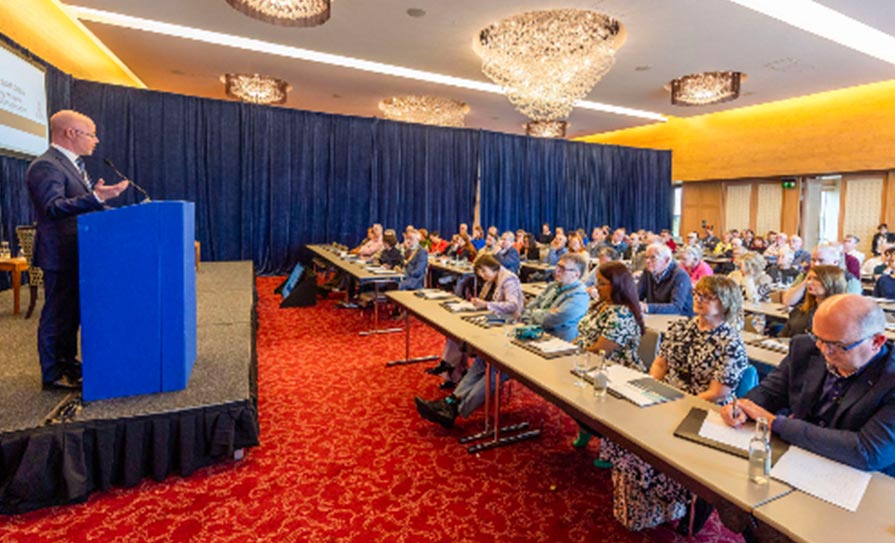

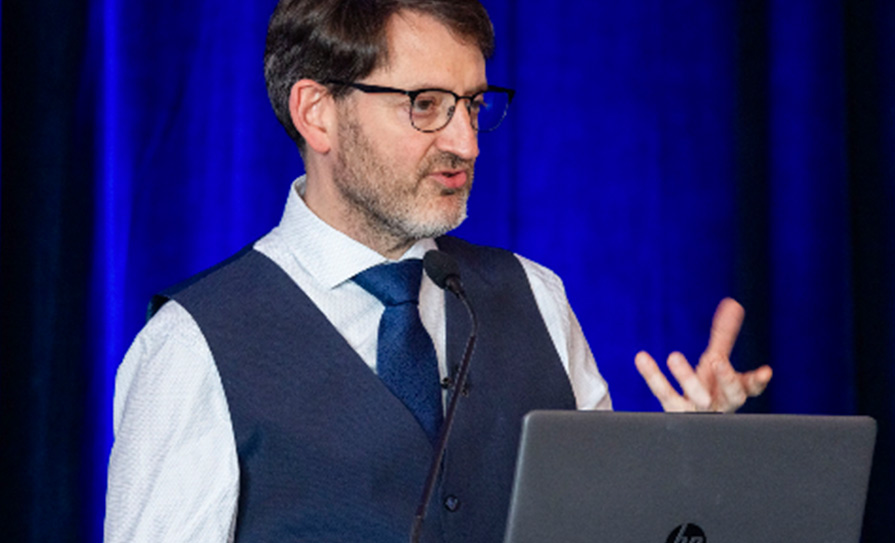
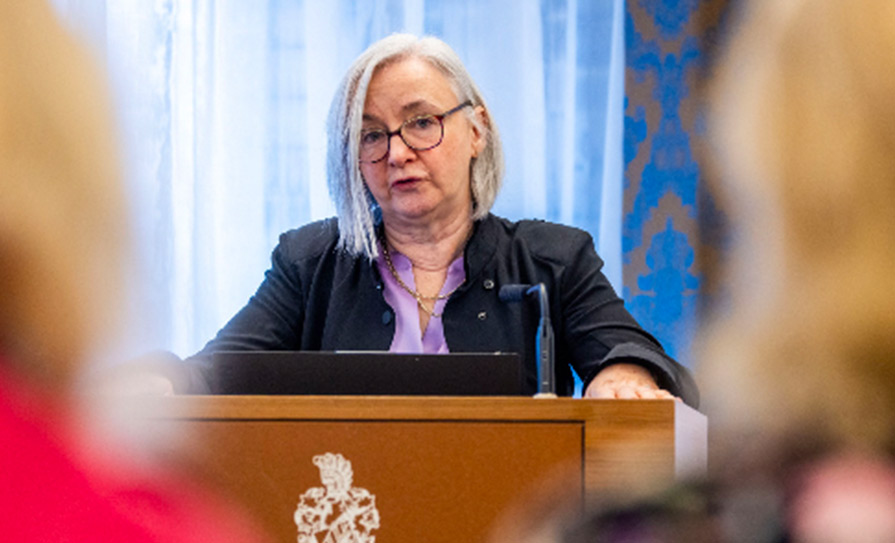

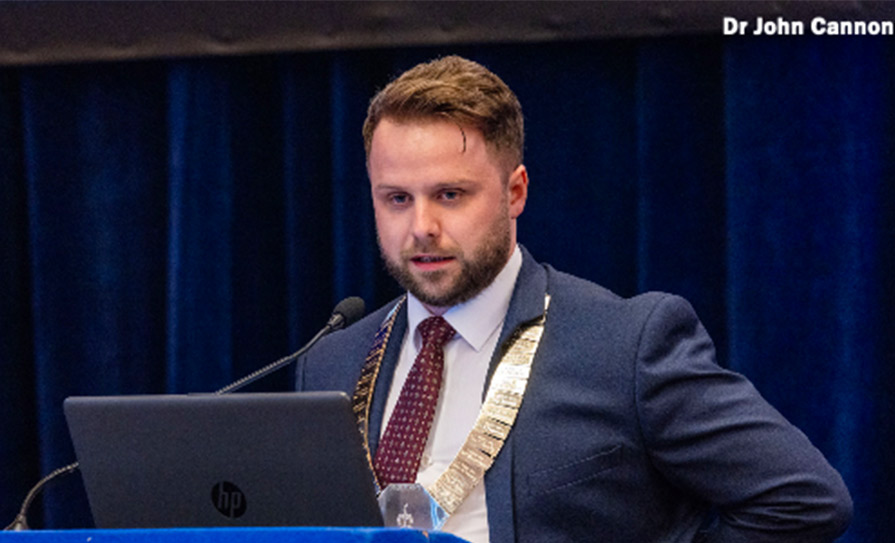
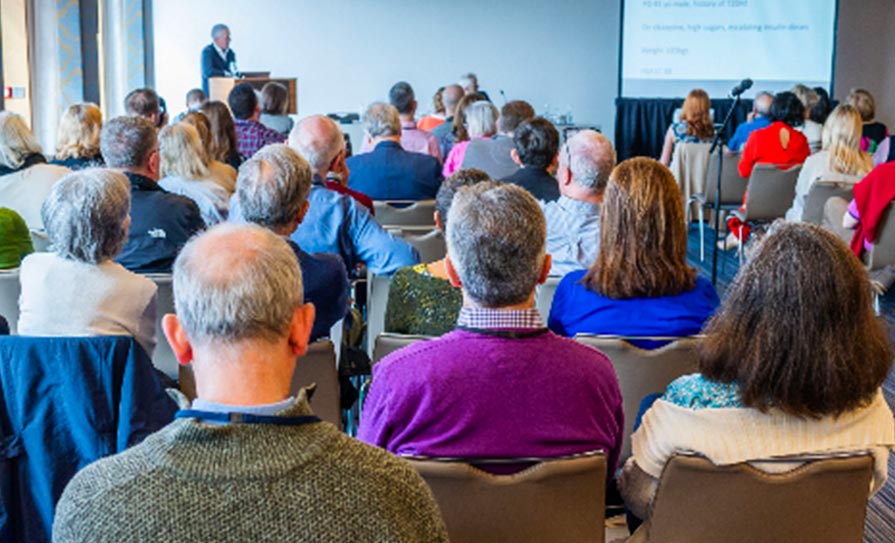




Leave a Reply
You must be logged in to post a comment.